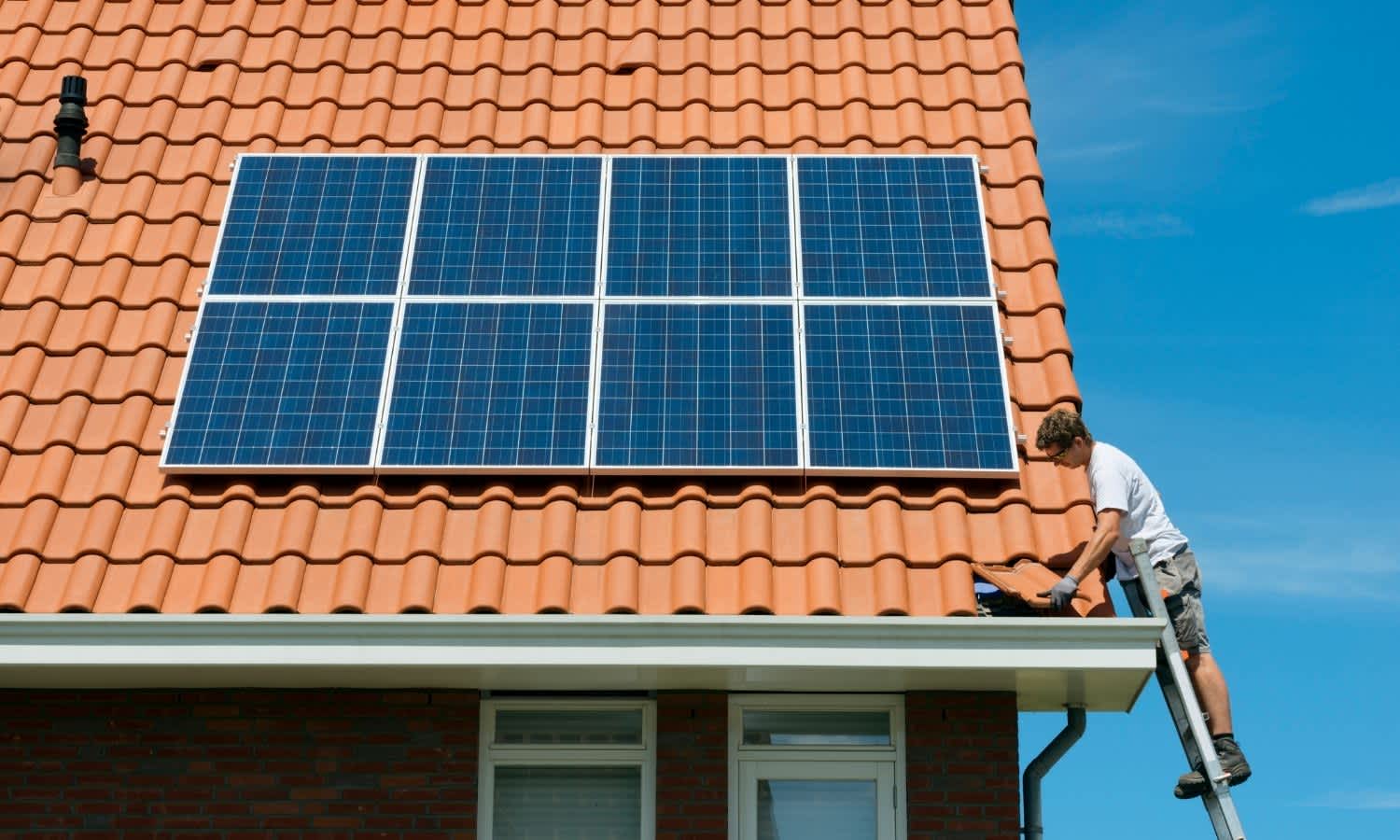More than half of Australians (62%) are concerned about the rising cost of living and 31.1% said they spend over a whopping $100 per person per week, a survey of 1005 Australians by comparison site Savvy found.
The research also found that, although we’re concerned, we’re prepared to take action — 48% of Australians said they plan to buy fewer groceries if inflation continues to rise and 56% intend to switch to cheaper brands.
If you’re among those who are worried you won’t be able to afford what you normally would, we tapped Bill Tsouvalas, CEO and personal finance expert at Savvy, to share some things you can do to start saving now.
Compare and Consider Switching Mobile and Internet Providers
“Mobile and internet providers bank on us being too lazy to compare other services. We tend to stick to what we know. Making a shift can save you money, however. Try calling at lunchtime or comparing online. Competing providers really want to steal customers, so this gives you a bargaining edge. Again, it comes down to time.
“Switching to a lower plan is also an option. Many of us rely on free WIFI for calls and messages, so actual data, minutes and texts are less of an issue than they used to be. You might find you get along just fine with a cheaper plan.”
Look at Cutting Down on Your Energy Use
“The biggest saving when it comes to energy comes from the switch to rooftop solar. The downside is the large initial outlay, however. Though, this is coming down year on year. If you’re buying a new home, look for one with solar already installed.

“In the home, energy-efficient appliances can save you a lot over their lifetime. Again, the more energy-efficient, often the higher the purchase price. Buying better appliances on sale is the best way to save. Plan your purchases in advance and have the money ready to invest come Boxing Day or Black Friday sales. Thinking ahead is key. Also, if you haven’t already, switch to long life, efficient light bulbs.
“Better roof space insulation is also a good way to save. If you have an older home, it may need a relook. If you’re renting, consider talking to your landlord about it. It’s something that’s out of sight, out of mind for most of us.
“When renting, avoid boxy townhouses with no awnings over windows. So many new buildings have no way to stop the harsh summer sun from beaming directly in your window. The result is a hot box that can only be cooled by cranking the AC.
“Checking the seals on windows and doors, sliding doors especially can go a long way to reducing loss of heat or cold coming in. Many sliding doors, especially in rentals, have this issue. You can address it with your landlord, or lay something along the door frame to counter the problem.”
Rethink Your Commute
“The daily commute is a tricky one, since we have one or two best options. Many people like to park and walk, or park and cycle if they have the time and opportunity to do so. Working from home has been a boon for many, who have cut out a lot of daily travel and saved big on time and money in the process.
“E-bikes are revolutionising the daily commute, since they are faster and require less exertion than regular cycling. You will have to decide if they make sense financially. Are you going to commit and use it regularly to get the value? If so, great. Prices on e-bikes seem to be steadily decreasing year on year as the technology improves, so it may become a more attractive option as time goes on.

“Much overlooked and possibly less sexy is carpooling or ride sharing. Fuel prices as they are, it may be a real money saver and more practical now COVID restrictions have eased.”
Actually Make a Budget
“Keeping track of how much your life costs you per week, per month and per year is a really valuable process. If you know it costs you however much per day just to cover expenses, then you will be more mindful of converting this into hours worked. Also, it’s easier to say no to questionable purchases when you have this figure in mind. I find it helps me be a better saver.
“For many of us, budgets blow out when it comes to socialising and going out. The key is to save first, with automatic direct debits into savings accounts or investment accounts, if possible, then give yourself an allowance for the rest of the week.
“Do a major grocery shop on the day or week you get paid, then at least you have food in the fridge. Agree with friends to meet at someone’s house and cook instead of going out. This way you get to socialise and save. Avoid Uber Eats or delivered takeaway if you can.
“Budgeting is really about planning. The more you plan ahead, the more you can save.”
Look at Your Recurring Payments
“We often sign up for things and lose interest or forget we subscribed. It’s a good idea to cancel recurring payments for everything you sign up for (say a year long subscription) , so it doesn’t automatically renew.
“Again, providers rely on us forgetting or not worrying about these repayments. Consider though, how many of us know off the top of our head what our weekly total of health insurance, car insurance, car rego, music streaming, Netflix and audio book subscription comes to? Obviously, the first couple are must-haves, while the others are optional. All of this adds up however and drains our bank account without us doing anything.”
Read more stories from The Latch and subscribe to our email newsletter.







